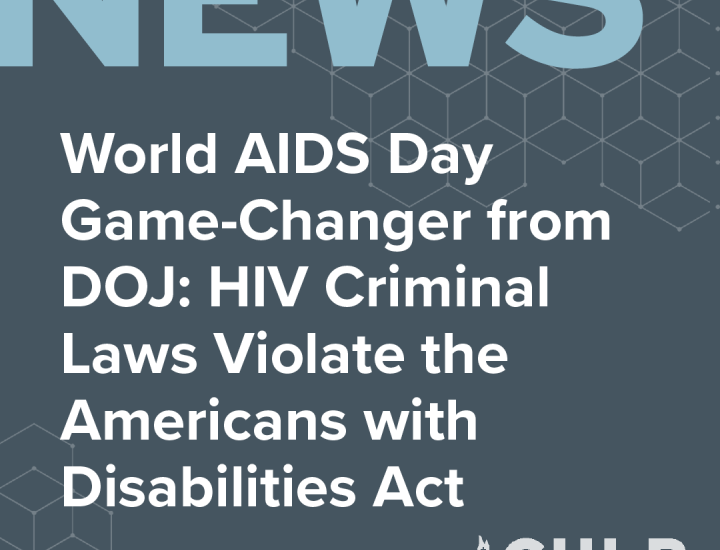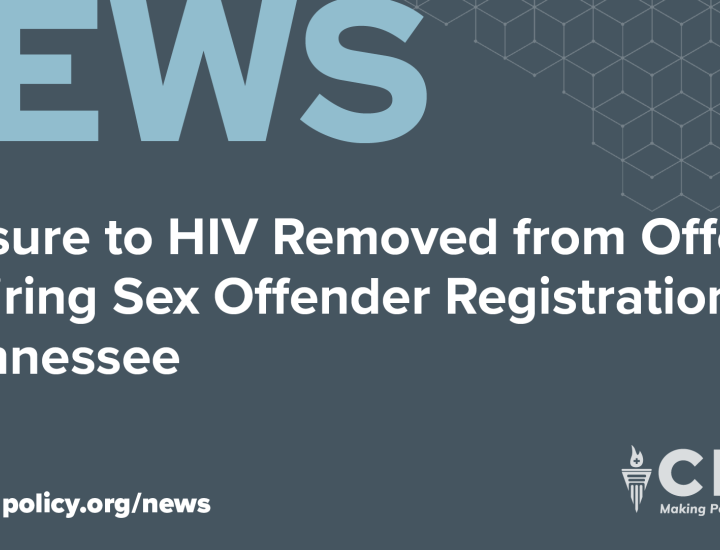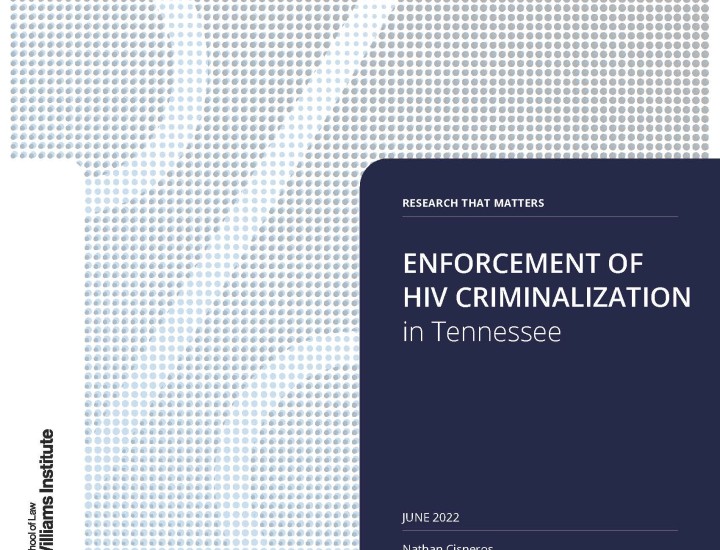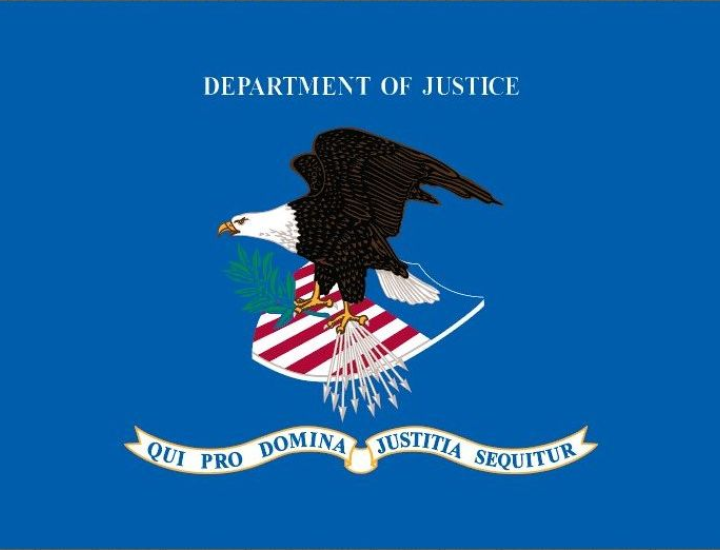News Release: Tennessee Removes Aggravated Prostitution from Offenses Requiring Sex Offender Registration
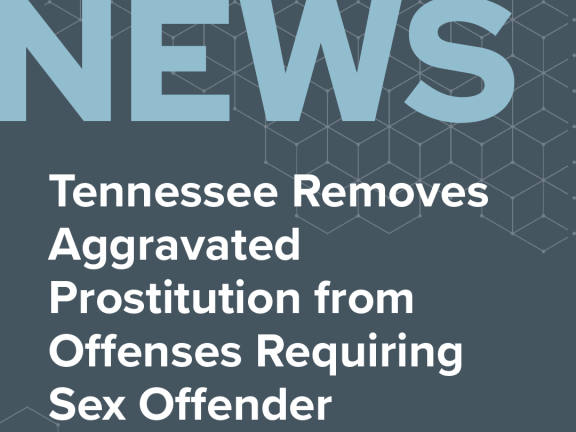
Tennessee Removes Aggravated Prostitution from Offenses Requiring Sex Offender Registration
Sex workers living with HIV can request removal from sex offense registries but are still subject to enhanced penalties
(NEW YORK) – On March 11, 2024, Governor Bill Lee signed Senate Bill 0181/House Bill 1384 into law. The law removes aggravated prostitution as a registerable sexual offense and as a registerable violent sexual offense. It goes into effect on July 1, 2024. For all people living with HIV who have been convicted of aggravated prostitution in Tennessee, this is a significant victory.
Before the passage of this law, a person convicted of aggravated prostitution was classified as a “violent sex offender” and required to register as a sex offender for life. (When the offense occurred prior to 2010, a person convicted of aggravated prostitution was classified as a “sex offender” and required to register for a minimum of 10 years.)
The enactment of SB 0181 follows the enactment of a similar law in 2023 that removed criminal exposure to HIV from the list of violent sexual offenses where a conviction also required an individual to register as a sex offender for life.
It is illegal to engage in prostitution in Tennessee, which is defined as engaging in, offering to engage in, or loitering for the purpose of being hired to engage in sexual activity for compensation. A conviction for prostitution is typically a misdemeanor. However, if a person living with HIV commits acts of prostitution, the charge becomes aggravated prostitution because of their HIV status, and a conviction will subject them to a felony-level sentence enhancement.
“The passage of SB 0181 makes great progress toward eliminating discriminatory laws aimed at criminalizing an individual’s health status. But the law does not go far enough and leaves an unconstitutional law on the books that violates the Americans with Disabilities Act,” said CHLP Staff Attorney Jada Hicks. “We are fighting to repeal the crime of aggravated prostitution altogether.”
As a result of a complaint filed by CHLP, the Department of Justice (DOJ) recently found that the enforcement of Tennessee’s aggravated prostitution statute against people living with HIV violates the Americans with Disabilities Act. The DOJ is now suing the state to stop enforcing the law.
Tennessee is also one of 30 states that have HIV-specific criminal laws. Under current Tennessee law, people living with HIV or hepatitis B or C may still be charged and convicted of a felony for engaging in sexual activities without disclosing their status. According to the Williams Institute, as of June 2022, 79 people are on Tennessee’s registry for an aggravated prostitution charge.
“No one should be placed on a sex offender registry as a violent offender for life just due to an HIV diagnosis,” said Tiffany Moore, a member of the Tennessee HIV Modernization Coalition. “The sex offender registry took 20 years of my life. I’m relieved no one else will have to have that experience,” she continued, “This is one step for Tennessee, but there is still much work to do.”
The updated law allows anyone previously convicted of aggravated prostitution, and who meets the criteria, to petition for removal from the registry, not just those who had been victims of human trafficking, sexual offenses, or domestic abuse as was previously the case.
Anyone seeking removal from the sex offender registry for an aggravated prostitution conviction may file a request for termination of registration requirements with the Tennessee Bureau of Investigation (TBI). A fingerprint-based state and federal criminal history check process will determine whether additional convictions exist for sexual offenses or violent sexual offenses. If the requirements of the amendment are satisfied and the individual is in substantial compliance, TBI will remove the individual from the registry and notify them via mail that they are no longer required to comply with the registration requirements.
In addition to petitioning for removal from the registry, the law now also allows those convicted of aggravated prostitution to file a petition to have the record of their registration expunged, if certain criteria are met, including that a petitioner must prove they were a victim of human trafficking.
##
